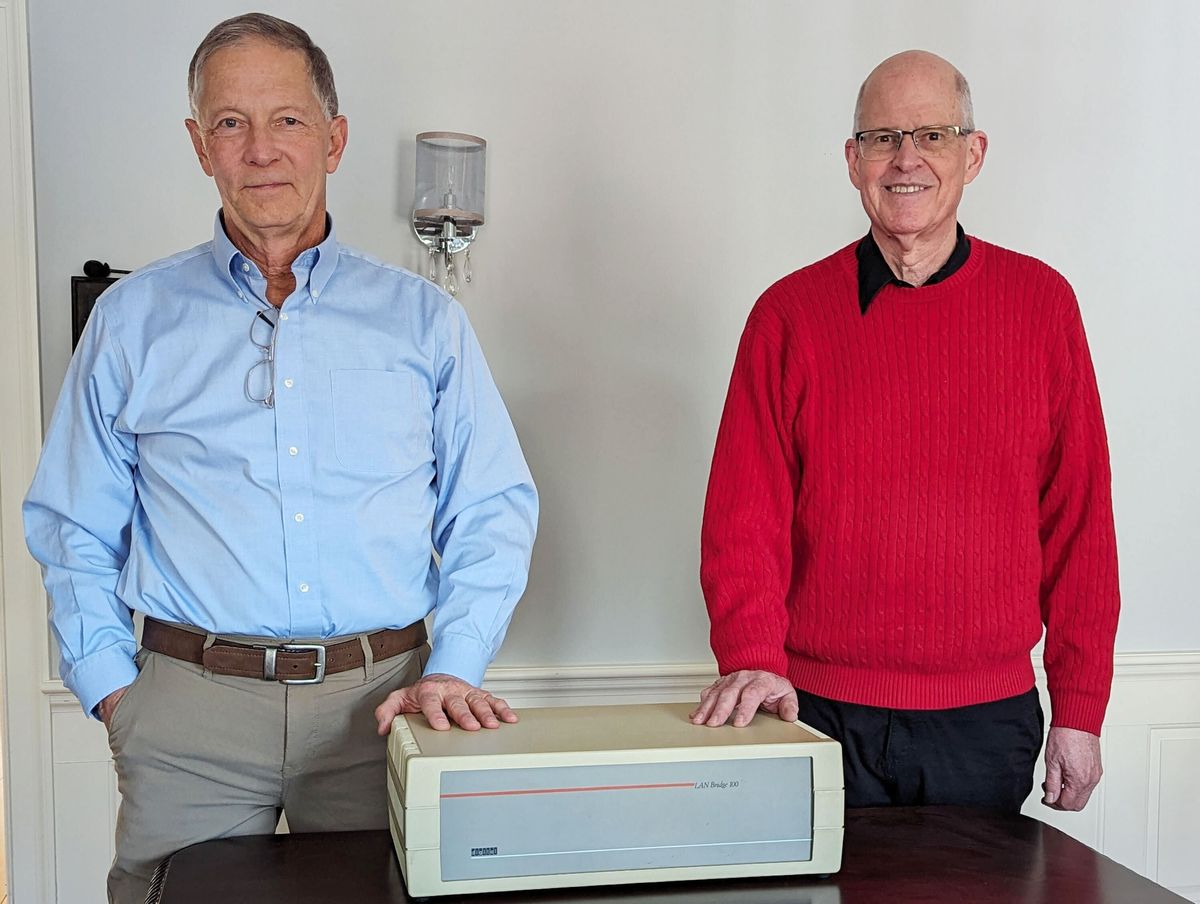Clocks on VCRs were once considered too difficult for the average person to program properly. Now, apparently, so are new automobile dashboards.
According to a story at the Wall Street Journal last week, auto manufacturers are strongly encouraging their dealers to add a “technology specialist” to their staff, whose purpose is to help customers figure out how to use all the digital technology packed into new cars. The Journal says that the automotive manufacturers are worried that the increasing level of technology found in new vehicles is creating a “skills gap” between what a typical customer understands and their car’s digital capabilities.
Ford is taking a lead role in encouraging its dealers to hire someone for the specialist role. Why? Ford is getting nervous, says the Journal.
“The auto industry is motivated in part by fear. Ford Motor Co. last year was jolted when Consumer Reportspanned its MyFord Touch system, echoing customer complaints that it was annoying to operate. Ford is now accelerating efforts to persuade dealers to dedicate more time and personnel to hands-on technology training.”
And customer annoyance quickly can turn into a financial issue: the industry is worried that “failing to educate customers eventually will hurt profits.” As one executive at Mercedes Benz U.S., which is also working on ways of how to best educate its customers, told the Journal, “How are you going to get people to pay for it [new technology] if sales people can't articulate the benefits?”
Lexus is another car manufacturer that is investing significant funds into training and digital tools to help its own dealers understand how its cars electronics work, the Journal article states. In fact, Lexus is now mandating that all its dealers must spend more time training customers on the technology present in Lexus vehicles. You may recall that the US congressional investigations into Toyota’s sudden unintended acceleration problems were sparked in part by an accident several years ago involving an off-duty California Highway Patrol officer who was killed along with his family because he could not figure out how to turn off their borrowed Lexus ES 350 electronic ignition after a floor mat becoming stuck in the car's accelerator pedal.
Of course, it might help if car designers spent a little more time with their human factors counterparts to make the operations of the electronics more transparent and easy to use. There has been several occasions where I would have been more than pleased to explain in detail to the designers of several of the electronic systems on my Toyota Sienna how they got it dreadfully wrong. Needing a couple of hundred page manual to explain how to use my car’s electronics is a symptom of the problem.
The good news, however, is that I expect the issue will finally go away once we are all in our autonomously driven cars, at which point we will have unlimited available time to figure our car’s electronics.
Robert N. Charette is a Contributing Editor to IEEE Spectrum and an acknowledged international authority on information technology and systems risk management. A self-described “risk ecologist,” he is interested in the intersections of business, political, technological, and societal risks. Charette is an award-winning author of multiple books and numerous articles on the subjects of risk management, project and program management, innovation, and entrepreneurship. A Life Senior Member of the IEEE, Charette was a recipient of the IEEE Computer Society’s Golden Core Award in 2008.



